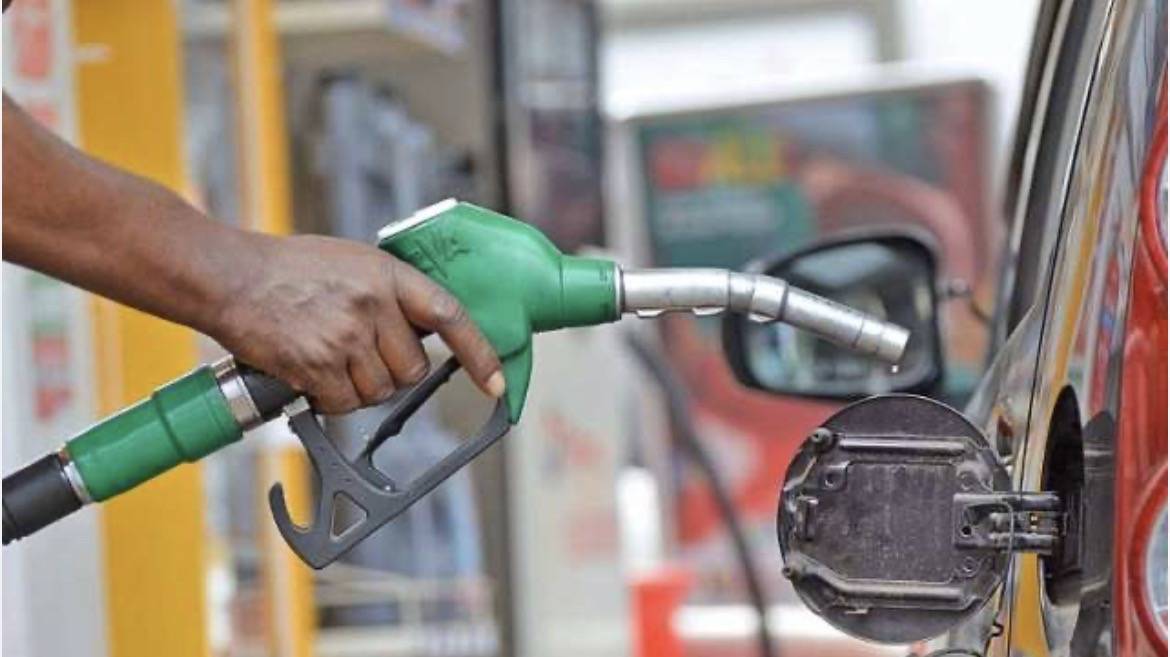Ghana's Petroleum Consumption Reaches 3.6 Billion Litres in First Half of 2025 Amid Rising Fuel Prices
In the first half of 2025, Ghana's petroleum consumption surged to 3.6 billion litres, marking a 17.65% increase from 3.07 billion litres during the same period in 2024 (MyJoyOnline). This uptick occurred despite escalating fuel prices, highlighting a growing demand for petroleum products across the nation.
Factors Driving Increased Petroleum Consumption
Several key factors have contributed to the rise in petroleum consumption:
Power Generation Needs: The demand for electricity has led to increased use of petroleum-based power generation, especially during periods of low hydroelectric output.
Marine Gas Oil Usage: The maritime industry has seen a rise in the use of marine gas oil, driven by both domestic and international shipping activities.
Transportation Sector Growth: An expanding population and urbanization have led to greater transportation needs, thereby increasing fuel consumption.
Industrial Activities: The growth of industries such as mining and construction has heightened the demand for diesel and other petroleum products.
Impact of Rising Fuel Prices
Despite the increased consumption, the petroleum sector faces challenges due to rising fuel prices. The global oil market's volatility, influenced by factors like geopolitical tensions and supply chain disruptions, has led to higher import costs for Ghana. These rising costs have been passed on to consumers, affecting both households and businesses.
Economic Implications
The surge in petroleum consumption, coupled with rising fuel prices, has significant economic implications:
Inflationary Pressures: Higher fuel costs contribute to overall inflation, affecting the cost of living and eroding purchasing power.
Trade Balance Concerns: Increased fuel imports can widen the trade deficit, impacting the country's foreign exchange reserves.
Fiscal Strain: The government may face challenges in managing subsidies and ensuring energy affordability for all citizens.
Strategic Responses
To address these challenges, the government and stakeholders are considering several strategic responses:
Promotion of Renewable Energy: Investing in renewable energy sources like solar and wind can reduce dependence on imported fuels.
Energy Efficiency Initiatives: Encouraging energy-saving practices and technologies can help mitigate the impact of rising fuel costs.
Diversification of Energy Sources: Exploring alternative energy sources can enhance energy security and stabilize fuel prices.
Conclusion
Ghana's petroleum consumption reaching 3.6 billion litres in the first half of 2025 underscores the nation's growing energy demands. While this growth reflects economic activity and development, it also presents challenges related to rising fuel prices and their broader economic impacts. Addressing these challenges requires a multifaceted approach, including investment in renewable energy, energy efficiency, and strategic policy interventions.




No comments yet
Be the first to share your thoughts!